Sushmita Sen’s sister-in-law revealed how the actress herself informed doctors while experiencing a heart attack. Here is a expert-backed checklist to follow if you’re alone during a heart emergency

The picture with her father Subir Sen that Sushmita Sen posted on Instagram when she first spoke about the heart attack. Pic courtesy/Instagram
On your guard
ADVERTISEMENT
In case you find yourself alone in a situation where you are facing a heart health emergency like a heart attack or cardiac arrest, Dr Nihar Mehta suggests you should first call emergency services. For India, call 112, 102 (for ambulance), or 108 immediately, or keep private ambulance numbers handy.
Also, identify the hospital closest to you that you can go to in an emergency. The key step here is to be prepared with these emergency numbers, no matter where you are, at home or outside.
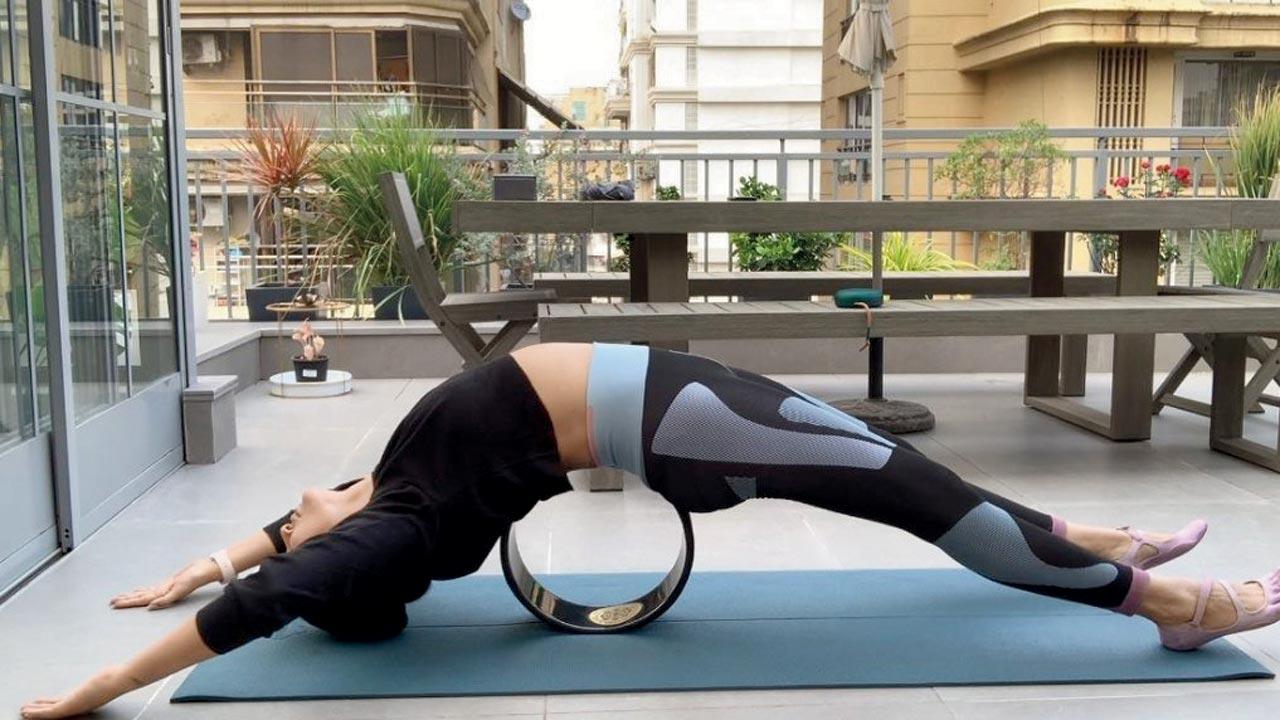 Sushmita Sen engages in stretching exercises after her heart health emergency. Pic courtesy/Instagram
Sushmita Sen engages in stretching exercises after her heart health emergency. Pic courtesy/Instagram
Stay watchful of the warning signs for a cardiac arrest, which include a sudden loss of responsiveness or consciousness, chest discomfort or pain that may radiate to the arm, neck, back, jaw, teeth, and up to umbilicus, shortness of breath with or without chest pain, nausea, vomiting, lightheadedness, or cold sweats, absence of normal breathing or gasping and undetectable heartbeat.
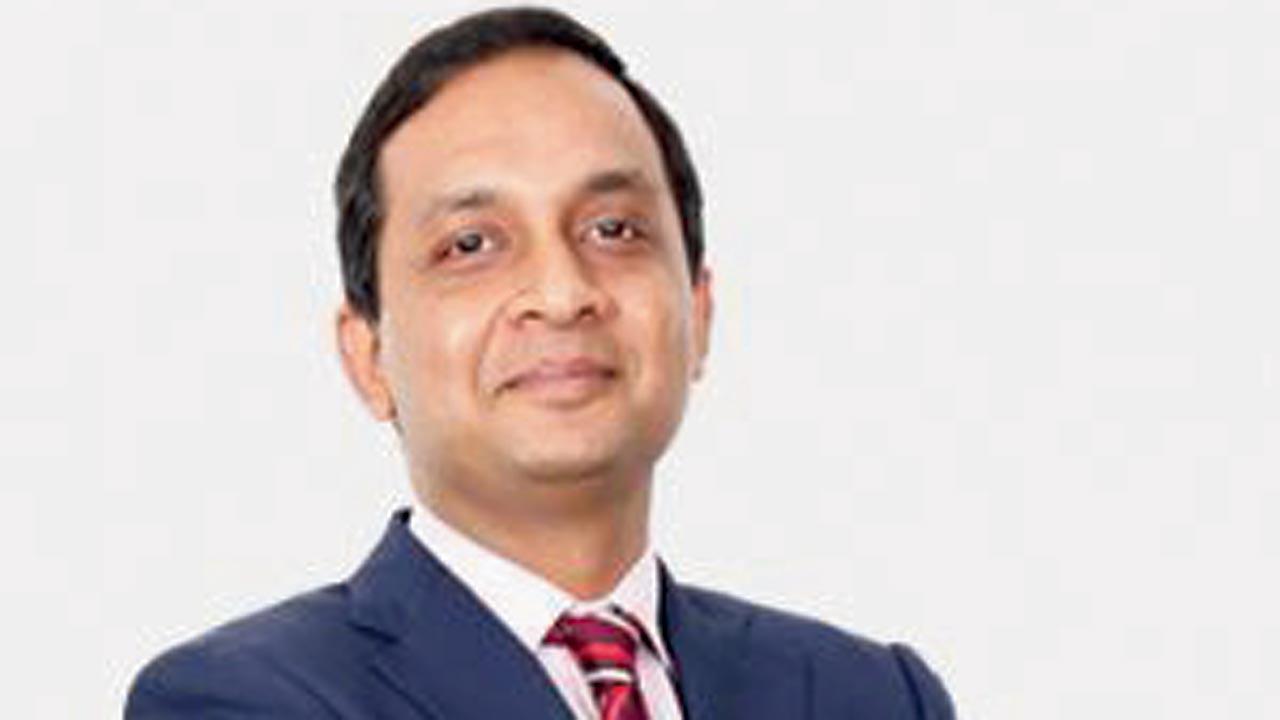 Dr Praveen Kulkarni
Dr Praveen Kulkarni
Take charge of your health
Dr Praveen Kulkarni, senior consultant, Cardiology at Global Hospitals, notes that a heart attack is a life-threatening condition that happens when the heart comes to a standstill and does not pump blood. If one finds themselves in such a condition, be alert to the symptoms and call for help. The red flags of a heart attack include breathing difficulty, flu-like symptoms, back pain, chest pain, nausea, vomiting, rapid or irregular heartbeats, pain or discomfort in one or both arms, the back, neck, jaw or stomach, dizziness or lightheadedness and fainting. Do not neglect these symptoms if you are alone, in an office, or walking on the road. Do not delay treatment.
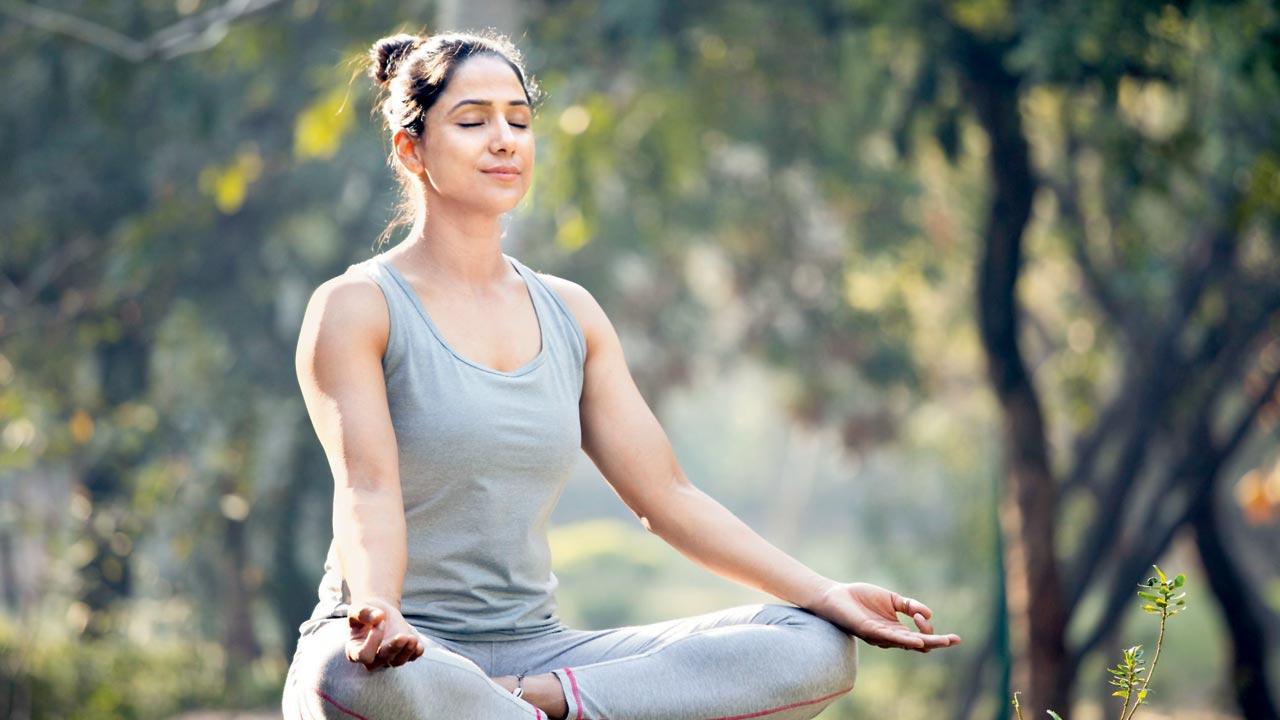 Practise meditation and breathing techniques to improve heart health
Practise meditation and breathing techniques to improve heart health
For those present with a patient, call a hospital’s emergency helpline for an ambulance so that the patient receives treatment within the golden hour. Do not make the person walk, sit, drink or eat. Check the pulse of the person immediately. If they are not breathing or are unconscious, conduct the CPR procedure, which can be life-saving.
 Arouba Kabir
Arouba Kabir
Stay calm
If you find yourself unable to take action, employ steps to quickly calm down so that you can call for help and remain composed till it arrives. You can
follow these steps no matter where you are. Arouba Kabir, a mental health professional and founder of Enso Wellness, lists these instructions.
1 To foster calmness, take deliberate deep breaths; inhale through your nose, and exhale slowly through your mouth. Centre yourself, and tap into your innate strength, so that you can think clearly and make informed decisions. If you are outdoors, take cover and take action.
If you are at work, do not ignore symptoms. If you are alone, contact your emergency numbers.
2 Promptly reach out to your emergency numbers on speed dial. Then clearly communicate your urgency, location, and condition.
3 Seek empowerment through medical compliance. If you possess knowledge about your condition or medical instructions, empower yourself by adhering to them diligently. Take medications as prescribed, communicate relevant medical history to emergency services, and play an active role in your own well-being.
4 Nurture your emotional equilibrium on a regular basis; it is not achieved overnight. This will help you stay calm and focused during a chaotic time.
5 Reinforce your resilience through mental health support after the storm has passed. Seek professional help to address the psychological impact of your
personal experience.
Until help arrives
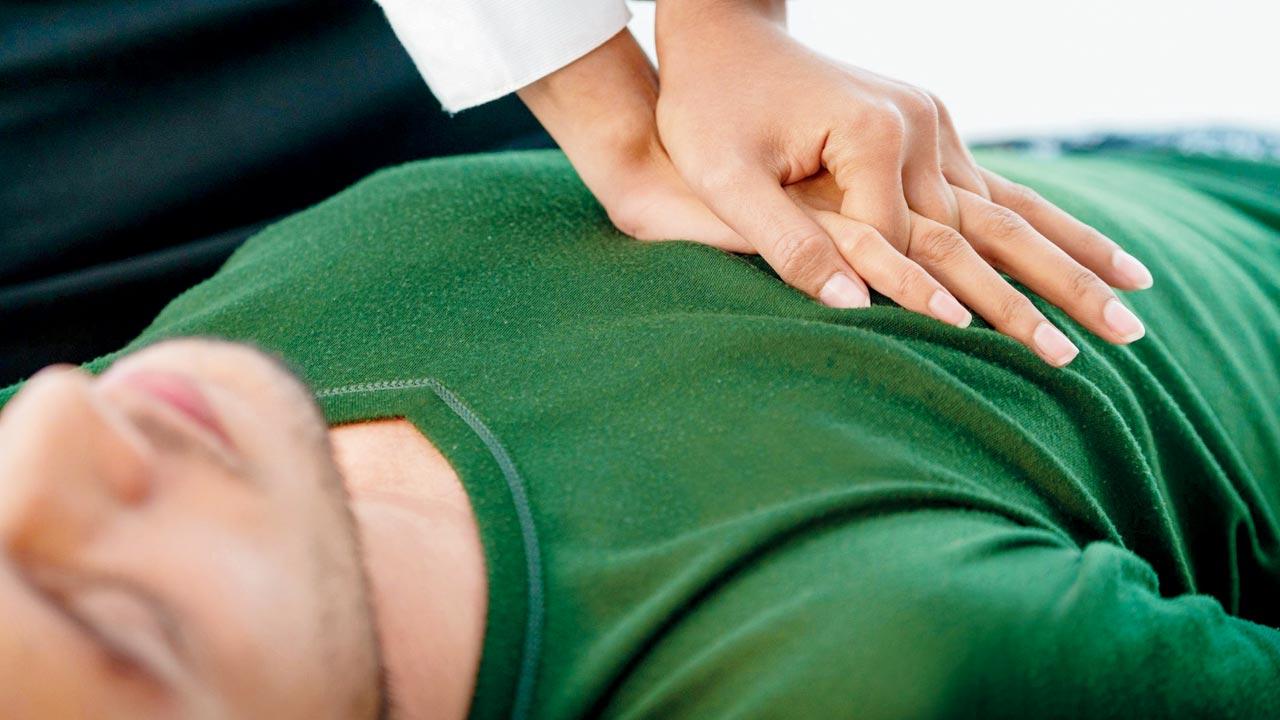 CPR helps to maintain blood circulation and oxygen supply. Representation pics
CPR helps to maintain blood circulation and oxygen supply. Representation pics
Stay calm. Don’t try to collect your belongings or call many people around
. Focus on taking long and deep breaths
. Lie flat and elevate the legs with two pillows
. Don’t eat or drink anything unless the patient has low sugar, in which case sugar can be placed in the mouth
. If you are conscious, chew and swallow an aspirin (Unless you are allergic to it), it may help reduce the severity of a heart attack. Paramedics should be informed if the aspirin has been taken
. In case of angina or chest pain, especially if a patient has a known history of heart disease, they should be administered a dose of Sorbitrate to relax the blood vessels in the heart and allow better blood flow to the heart muscles. If possible, this should be given only after checking and making sure the blood pressure is not low, since Sorbitrate can further reduce blood pressure
. In case of a cardiac arrest, where the patient is not breathing and has no pulse, Cardiopulmonary Resuscitation (CPR) can be administered according to the guidelines. CPR involves chest compressions and rescue breaths to help maintain blood circulation and oxygen supply until professional help arrives
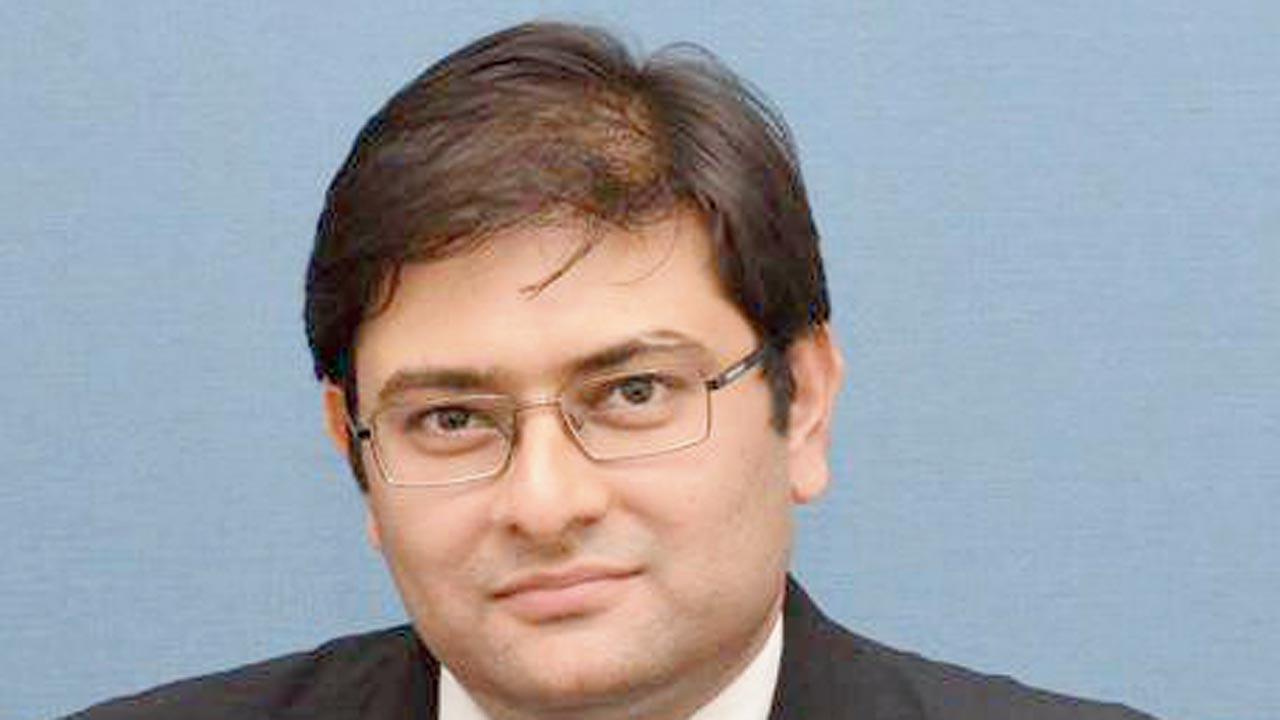
Dr Nihar Mehta, consultant, Cardiology at Jaslok Hospital & Research Centre
Ensure better heart health
Dr Nihar Mehta and Dr Praveen Kulkarni suggest:
. Engage in regular physical activities like swimming and yoga and aerobic exercise like brisk walking for at least 30 minutes, five times a week

. Maintain a healthy diet of fruits, vegetables, whole grains, pulses, lentils, legumes, lean proteins, and limit the intake of processed foods, saturated fats, and
added sugars
. Avoid tobacco and alcohol consumption
. Manage stress levels through meditation, relaxation exercises, and maintain good sleep hygiene

. Regularly monitor blood pressure, cholesterol levels, and blood sugar levels, and immediately seek medical advice if any abnormalities are detected
. Go for regular cardiac screening every six months. People can begin these tests even in their 20s
 Subscribe today by clicking the link and stay updated with the latest news!" Click here!
Subscribe today by clicking the link and stay updated with the latest news!" Click here!







